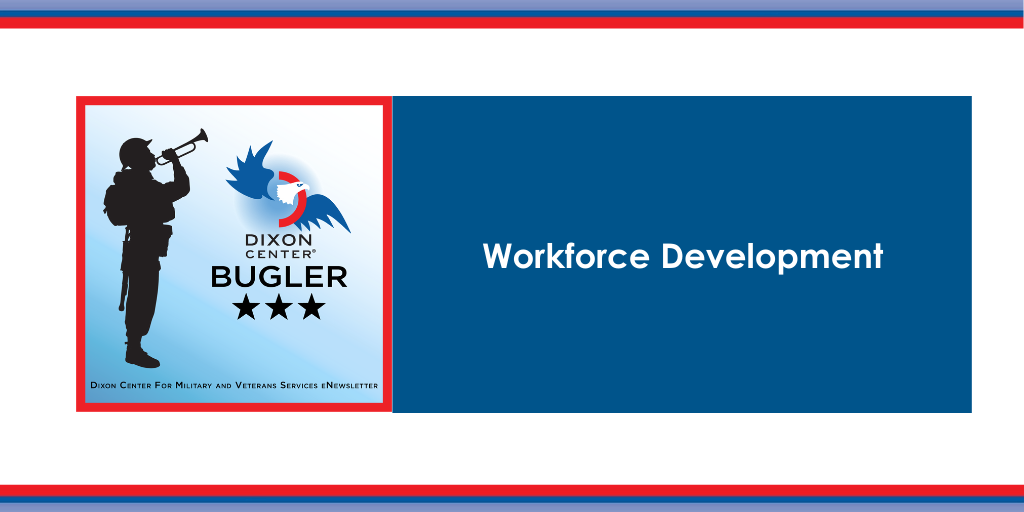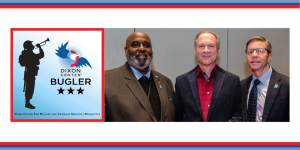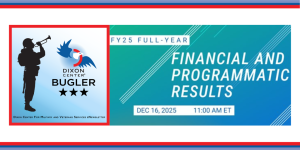
The Power of Partnership
How the Center and the Fedcap Group Make Greater Impact Together At the heart of Dixon Center for Military and Veterans Services’ (the Center) mission

One of the most critical times for military service members is the reintegration from active service to veteran status. The transition from the military to a civilian career can be particularly challenging. The same can be said for transitioning from any employment for veterans. That is why Dixon Center for Military and Veterans Services puts an emphasis on Workforce Development. Dixon Center’s unique partnership with the building trades, training institutions, employers, and federal agencies, like the Department of Defense, is one example in a series of connections forged to eliminate major barriers for our veterans and their families.
As a Center of Excellence, we provide and coordinate technical assistance/training, resource sharing, and strong leadership to our partners, who, with our ongoing support, operate pre-apprenticeship and apprenticeship programs resulting in career opportunities in skilled labor across myriad of industries.
Operation Workforce Development is a program where Dixon Center partners with organizations including trade unions, civic organizations, business and industry, service providers, and training institutions by leveraging existing training and career placement opportunities. Our goal is not to create new programs. Rather, the goal is to enable the integration of military and veteran services into existing programs to increase impact.
Over the past five years, Operation Workforce Development has resulted in our partners training and employing over 7,000 transitioning service members and veterans who have been out of service for years.
Despite our success leveraging organizations to include veterans and their families into their existing programs, we’ve found that workforce development operators will have to recreate opportunities. These are a few actions Dixon Center is taking to keep Operation Workforce Development impactful.
You can learn more about Dixon Center’s work addressing workforce development opportunities that provide access to licenses and credentials to transitioning service members and military spouses, even with the challenges of the pandemic, during our podcast, Service Before Self, Episode 008: How to Bridge the Gap Between Military Service and Civilian Employment with Fred Drummond.

How the Center and the Fedcap Group Make Greater Impact Together At the heart of Dixon Center for Military and Veterans Services’ (the Center) mission

“Our donor gifts are a small but intentional way of saying thank you. They’re meant to reflect the gratitude we feel and for the trust

“Real progress happens when organizations listen, innovate, and act together.” – Colonel (Ret.) Sam Whitehurst, Vice President, Programs & Services Recently, Dixon Center for Military

“Positive program outcomes have translated directly into Fedcap’s organizational resilience and long-term growth. Fedcap delivered strong fiscal 2025 results—exceeding our internal revenue projections and expanding our